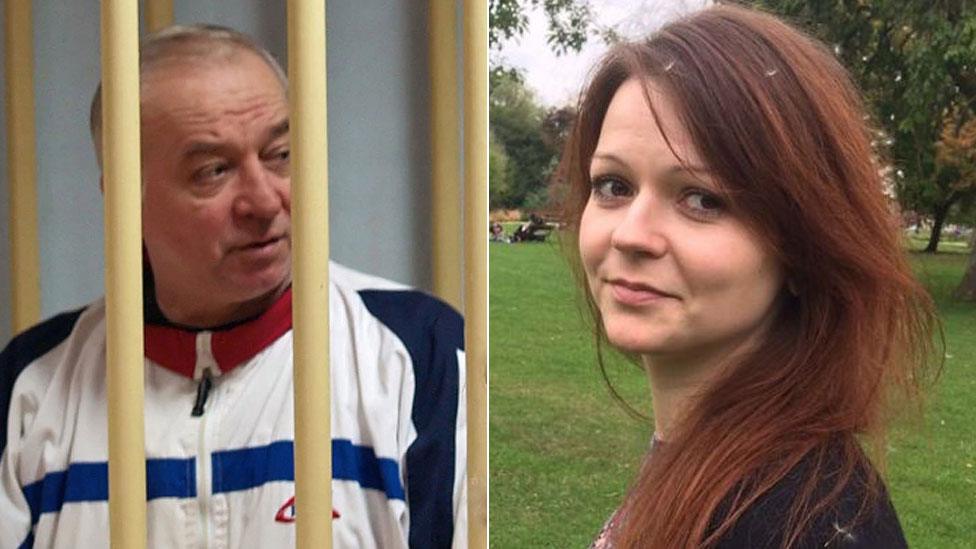Nothing changed before Novichok death - spy widow
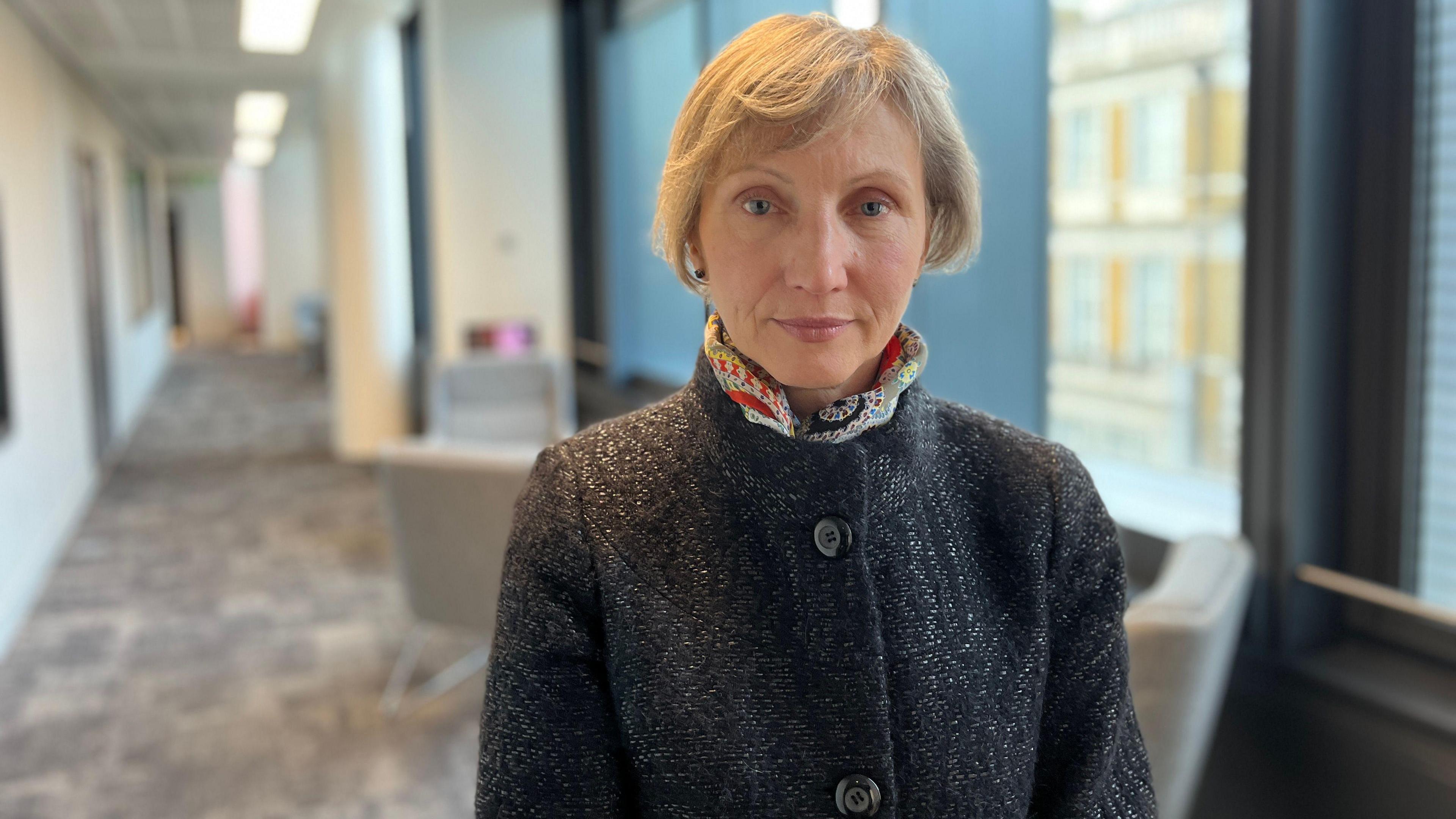
Marina Litvinenko's husband died in 2006 after being poisoned by a radioactive substance
- Published
The widow of former Russian spy Alexander Litvinenko said "nothing" had changed between her husband's death and the Novichok poisonings in Salisbury.
Marina Litvinenko’s husband died in 2006 after being poisoned in London with a cup of tea laced with Polonium 210.
Mr Litvinenko’s assassination was "probably" ordered by President Vladimir Putin, a public inquiry in 2016 ruled.
Two years after that ruling, 44-year-old Dawn Sturgess died in Wiltshire after coming into contact with Novichok in what she thought was a bottle of perfume, an incident Mrs Litvinenko said she "couldn't believe".
"By not strengthening protection against an attack, people who commit crimes like this feel relaxed, it means they might do this again," Mrs Litvinenko told the Crime Next Door: Salisbury Poisonings podcast.
"When no-one is arrested or extradited, they feel like it’s easy to do."
Ms Sturgess’ death in July 2018 came months after the attempted murder of former Russian spy Sergei Skripal and his daughter Yulia in Salisbury, who both survived.
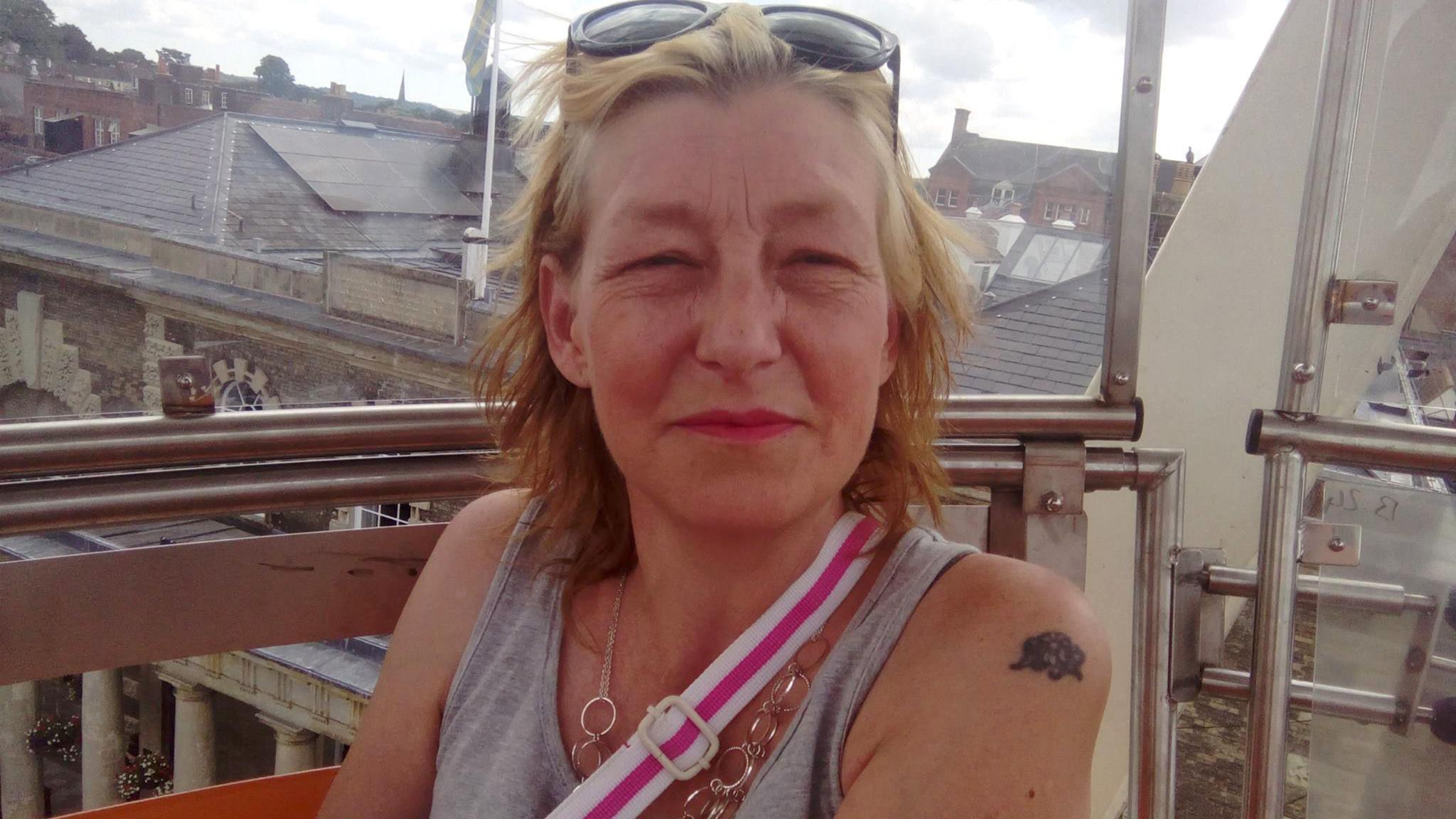
Dawn Sturgess died after unknowingly spraying Novichok out of a perfume bottle
Novichok inquiry: Who was Dawn Sturgess and how was she poisoned?
- Published29 October 2024
Justice for Novichok victims 'unlikely', says May
- Published11 October 2024
Chief thought Skripal poisoning could be 'act of war'
- Published28 October 2024
The cases of the Skripals and Ms Sturgess are "similar" to what happened to Mr Litvinenko in 2006, his widow said.
A year-long inquiry launched in 2015 to examine the circumstances of Mr Litvinenko's death concluded that Putin was "probably" behind the assassination - although Russia denies any involvement.
Baroness Theresa May, who was prime minister from 2016 to 2019, previously said: "I think we probably should have taken a stronger response to that at the time and given a clearer message to Russia."
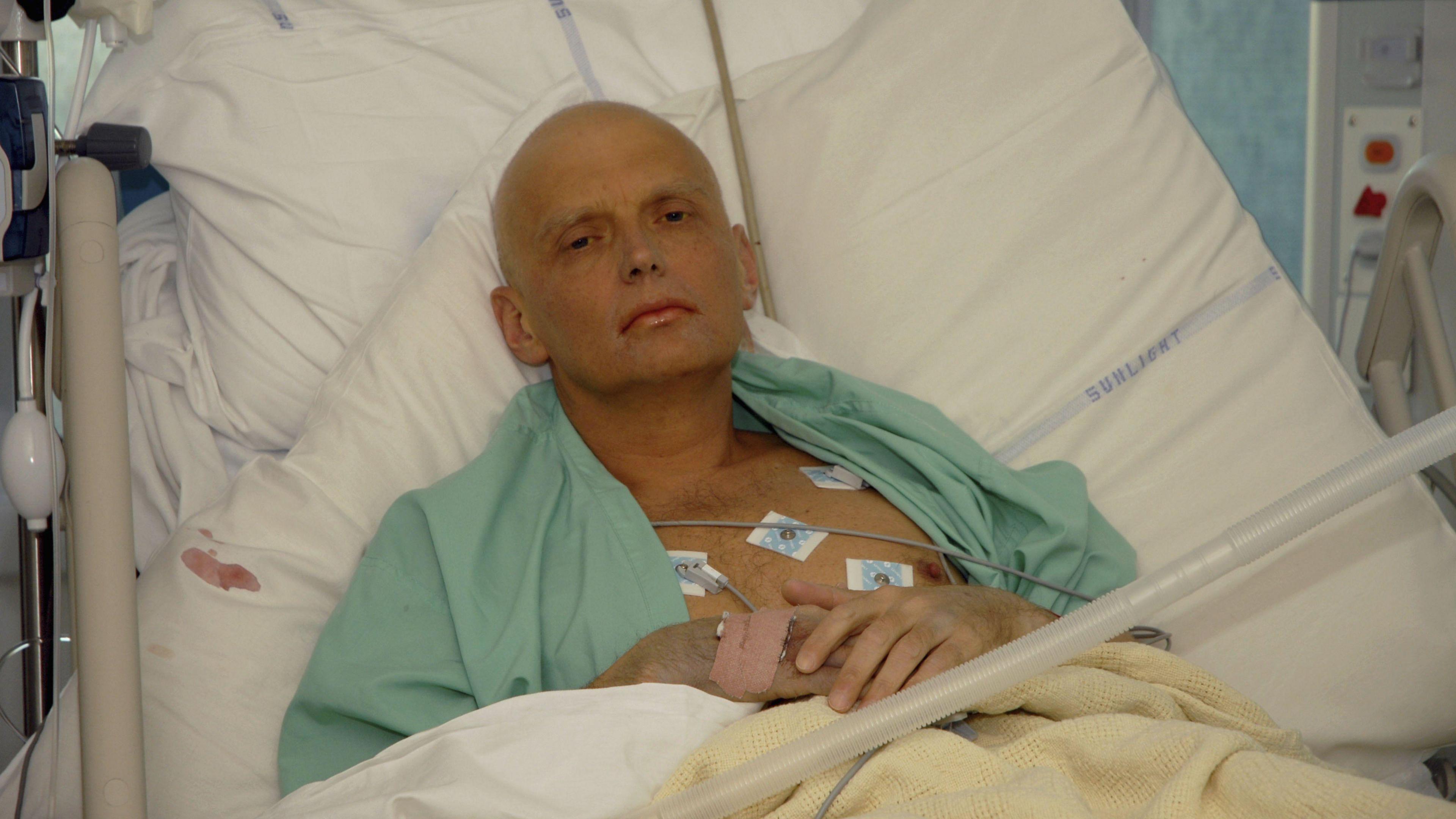
Mr Litvinenko in the intensive care unit at University College Hospital in London, three days before his death
Ms Litvinenko said Ms Sturgess was "an innocent victim".
"No one targeted and tried to kill her. It makes it even worse because [Alexander] was a dissident, very critical of Putin, so his life was in danger even here [in the UK].
"But to ordinary British people who feel like they should be protected and then just die one day because some foreign agents come to play their games here, I don’t think it makes them feel comfortable.
"When we finally had a public inquiry and more evidence... I thought it might open eyes, not just here in the UK, but across the world, that it can’t be business as usual for Putin," she added.
'A safe place'
The Russian had sought asylum in Britain in 2000, after Mr Litvinenko raised concerns about their security.
Ms Litvinenko said her husband assured her: "We are on an island, we are in a kingdom, we are under protection of the Queen, we are in a safe place."
"[The Russians] were not going to do something bad, but the people ruling Russia now have different rules," she added.
Father-of-three Mr Litvinenko had previously worked in Russia as an officer with the Federal Security Service, the successor to the KGB.
However, he later became a fierce critic of the Kremlin, and secured work with the British intelligence agency MI6, as well as citizenship.
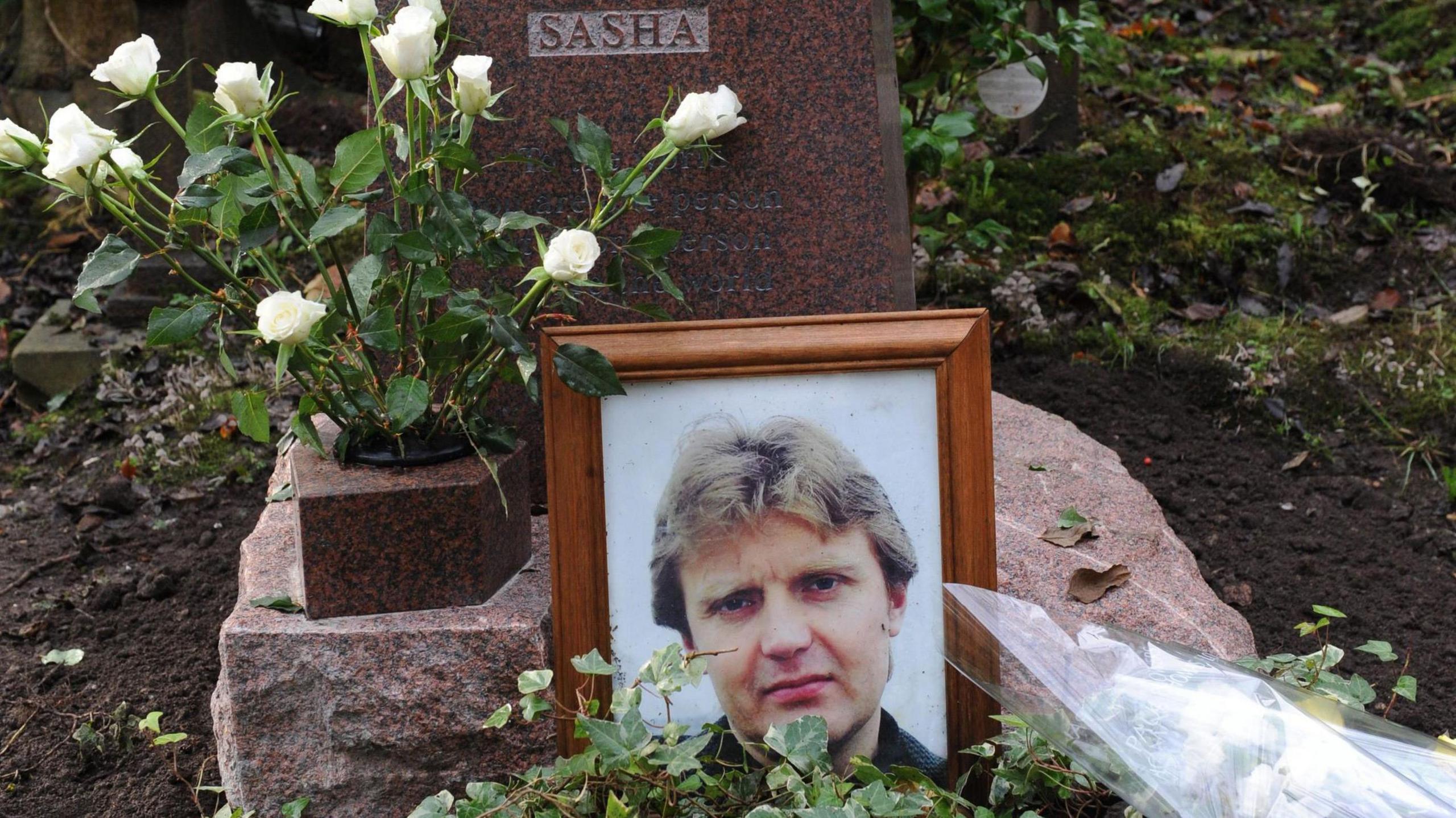
Alexander Litvinenko's grave in Highgate Cemetery, London
It is alleged Mr Litvinenko was investigating Spanish links to the Russian mafia and had planned to fly to Spain with former agent Andrei Lugovoi - the main suspect over his murder.
On 1 November 2006, Mr Litvinenko met with Lugovoi and Dmitri Kovtun for tea at a hotel in London.
Mr Litvinenko unknowingly ingested the radioactive substance through his drink and quickly became ill.
His condition worsened over the course of three weeks, leading to hospitalisation, until his death on 23 November.
'It happened again'
Ms Litvinenko was in Berlin on the day that the Skripals were found slumped on a bench in Salisbury in March 2018.
She immediately thought the circumstances were "strange".
"I couldn’t believe it happened again," Ms Litvinenko said.
"After our public inquiry, it was so obvious you have to take more care and not allow anyone to commit a similar crime on your country.
"I believed it would be a good lesson for the state to protect its own citizens, but it didn’t happen.
"I know security since 2018 has become more serious for other people, but it’s still not enough."
A Home Office spokesperson said their "deepest sympathies" remained with Ms Sturgess' family.
Ms Litvinenko added that she felt let down by the UK government and believed her late husband would too.
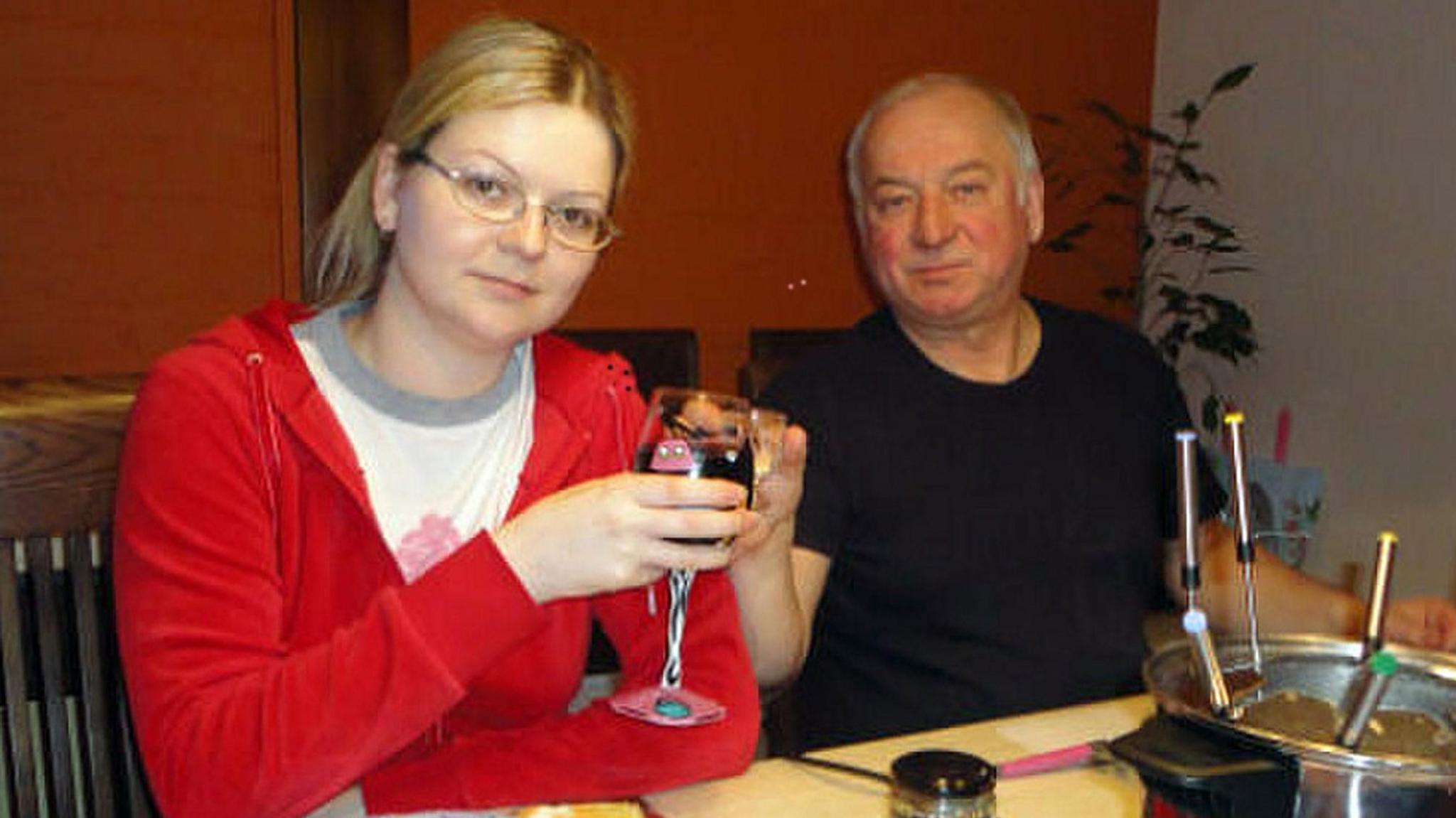
Yulia (L) and Sergei Skripal (R) survived a nerve agent attack in March 2018
After the Salisbury poisonings, Mr Skripal rejected the government's offer of a change of name.
Ms Litvinenko said security services should have insisted he take the offer because of the risk.
"Putin made a very strong comment that any enemy would be punished," she said.
She stressed there was a responsibility to protect the wider public and not just Mr Skripal.
"It's unbelievable what people just suffered because somebody decided to punish somebody in another country," she said.
Ms Litvinenko said the Dawn Sturgess inquiry was unlikely to lead to "any special point of achievement", but would provide her family with "the satisfaction that people will understand what happened to you".
Caroline Sturgess, Dawn's mother, previously told the ongoing inquiry that it was a "solace" to her family that nobody else had died in the Amesbury incident.
Ms Litvinenko said authorities needed to learn from this.
"You need to protect them, and take it more seriously," she said.
"Every time when we talk about politics or anything, we have to remember humanity.
"It's all we need to be remembered, and it might change something if politicians will think about people more in this way."
The Russian government has always denied involvement in the Salisbury poisonings and the Russian embassy has been approached for a comment.

BBC Sounds: Salisbury Poisonings
Listen to the whole interview with Marina Litvinenko and keep up to date with the latest from the inquiry with our podcast.
Listen to the episode on BBC Sounds.

Follow BBC Wiltshire on Facebook, external, X, external and Instagram, external. Send your story ideas to us on email or via WhatsApp on 0800 313 4630.
- Published11 October 2024
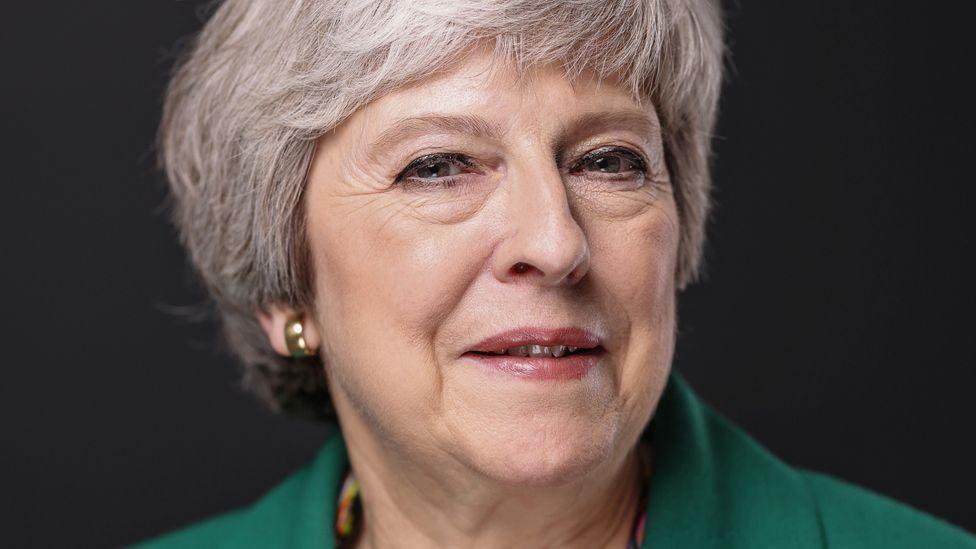
- Published30 July 2018
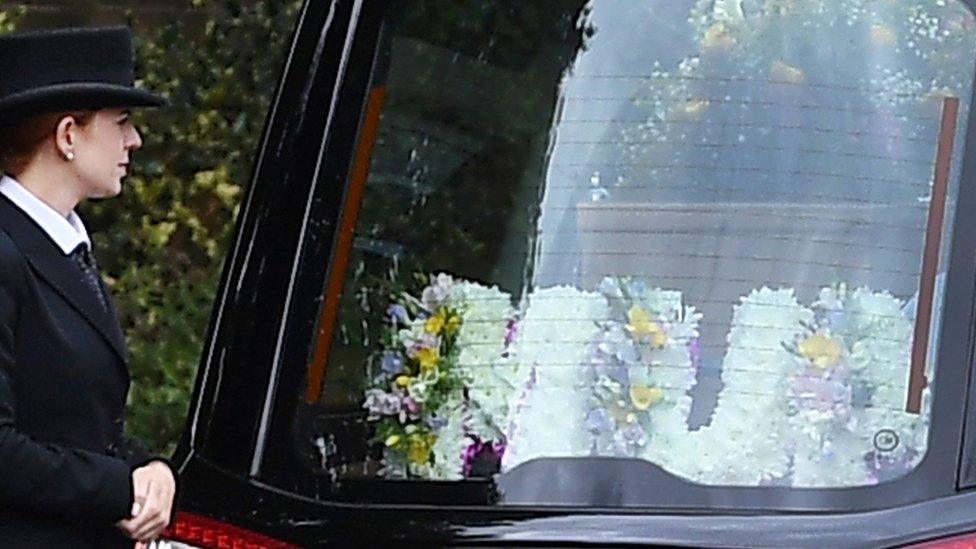
- Published4 March 2020
